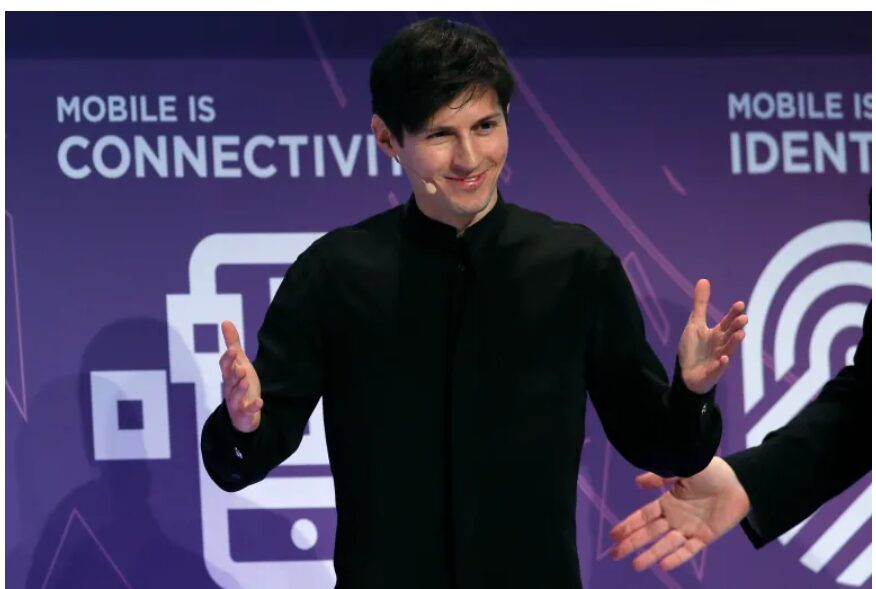A diplomatic war has broken out between UAE and France. And the reason is Telegram. We all know Telegram boss Pavel Durov supports absolute free speech. It’s where most pro-Russia channels share information about the ongoing war in Ukraine and counter the West’s information warfare. The messaging app has served as a means of communication for both countries involved in the war.
Simply put, Telegram is to Russia what Elon Musk’s X is to the conservatives in US: The last platform where you can still exercise your right to free speech without bothering about censorship.
And that’s when the French government ended up committing a grave mistake. Amidst the ongoing campaign against Russia, France on August 24 detained Durov after he landed at Paris’s Le Bourget Airport.
France, which can be best described as USA’s unofficial outpost in Europe, detained the 39-year-old executive over charges of fueling terrorism, disinformation, and propaganda.
French President Emmanuel Macron had thought stifling free speech in such a criminal manner would be like a walk in the park. But it was highly mistaken!
Ironically, what stood strong for Pavel Durov and his free speech revolution was an Islamist country from West Asia: The United Arab Emirates or UAE. Macron never thought he would have to face UAE’s wrath after cracking down on a messaging app loved by more than a billion people.
As per media reports, UAE was quick to give France a $20 billion jolt in response to the arrest of Durov. The UAE reportedly suspended the deal with France for 80 warplanes. The Arab nation had struck a deal with French aerospace giant Dassault for the supply for 80 Rafale fighter planes.
Iran’s Mehr News agency reported that UAE was considering the possibility of a complete blockade of military-technical cooperation with France over Durov’s arrest.
Make no mistake, Durov is a UAE national too. And the country has made clear it will not leave one of its faithful citizens in the lurch. In a statement released by its Ministry of Foreign Affairs, the country emphasized that the welfare, interests, and support of its citizens was a “key priority for the UAE.”
Not just UAE, even Russia has also opposed Durov’s arrest. The country’s spokesman Dmitry Peskov told journalists on Tuesday that France needs to provide evidence to support its allegations against Durov.
And guess what, the French government was quick to realise its massive mistake. On August 28, Durov was released from police custody and transferred to court for questioning.
French government further came under pressure when more global entrepreneurs and free speech champions came out in Durov’s support.
Elon Musk wrote “#FreePavel” on X, and warned that the arrest could start a slippery slope leading to “being executed for liking a meme.” Vitalik Buterin, the founder of the blockchain Ethereum, wrote that “This looks very bad and worrying for the future of software and comms freedom in Europe.”
Many others on social media worried that the arrest would embolden governments to prosecute tech CEOs for failing to turn over user data—or that it would lead to a “chilling effect” in which platforms over-moderate content for fear of being criminally charged.
All in all, it’s so ironic that France, who prides itself as a democratic champion, is working overtime to stifle free speech for a billion users. Whereas an Arab nation is now standing firm up to it, demanding Durov’s release as soon as possible. Interesting times indeed!
